Article Highlights
As B2B brands adjust their marketing strategies in response to COVID-19, here are three things to keep in mind:
- You can show empathy by making your content easier for customers to access, but only if it’s genuinely helpful and relevant to their needs.
- If you have expertise that can help solve problems created by the pandemic, share it far and wide — and fast.
- When you have a clear sense of your brand’s “changeless core,” it’s easier to adapt your offerings to the current moment.
In early March, while many U.S.-based businesses were still in wait-and-see mode regarding COVID-19, Adobe’s events team decided to move their annual Digital Experience Summit online. Since the event was slated to begin on March 29, there wasn’t a moment to lose. The choice was a stark one: reimagine — and then immediately execute — a massive event as a virtual experience or cancel it altogether.
It was a “go big or go home” moment. Instead of hosting 20,000 in-person attendees in Las Vegas, Adobe delivered a virtual event that drew more than 400,000 viewers in 195 countries.
When COVID hit the B2B world, if most of your marketing programs were already digital, your organization was ahead of the curve. The more your marketing and sales strategies relied on live events and in-person meetings, the farther and faster you had to pivot. Regardless of your specific circumstances, every marketing team had to adjust to the new reality.
Now that most marketing and sales processes are fully digital, content marketing is more important than ever. Perhaps your key messages have changed in response to your customers’ shifting needs. You may have reshuffled your product portfolio or devised a new offering to help new or existing customers solve new problems. You’ve almost certainly revamped — or at least fine-tuned — your marketing tactics. But you still need to get your message out, and now you have to do it almost entirely through digital channels.
When the crisis started, several of Stoke’s clients moved quickly to update their marketing strategies, and we helped them build timely content-led experiences that address their customers’ current challenges. In each case, our clients have led with their signature strengths and stayed true to their brand values, while adapting to their customers’ changing needs and expectations.
When the crisis started, several of Stoke’s clients moved quickly to update their marketing strategies, and we helped them build timely content-led experiences that address their customers’ current challenges. In each case, our clients have led with their signature strengths and stayed true to their brand values, while adapting to their customers’ changing needs and expectations.
Adobe turns Summit into a digital experience
While moving Adobe Summit 2020 online in less than a month was a daunting task for Adobe — and the agencies that help to produce and promote the event — they had some built-in advantages. Adobe’s whole business model is all about creating digital experiences. If they couldn’t turn an event billed as “the Digital Experience Conference” into a world-class digital event, who could?
Although the shift to a digital-only event was abrupt and unplanned, it was a natural evolution of Summit’s digital experience theme. It also built on momentum Adobe and Stoke had developed over the previous year through a longer promotion cycle.
Stoke has managed Summit social marketing for the past 3 years. Heading into 2020 with an abundance of great video content captured at Summit 2019, the Stoke team planned an “always on” social program that would feel like an organic extension of the in-person experience — the five days in Vegas would be the culmination of a conversation Adobe was having with their customers throughout the year. Instead, the immersive social marketing strategy helped pull in many virtual participants who wouldn’t have been able to attend a live event.
Perhaps the best strategic move was Adobe’s decision to make Summit content available for free, in an on-demand format, to everyone. The attendance numbers speak for themselves: hundreds of thousands of people participated in an event that educated marketers about how to deliver compelling digital experiences — a topic that felt especially relevant as businesses everywhere were shifting to digital-only processes.
View work for Adobe Summit in the Stoke portfolio.
Coursera helps universities take learning online
As a digital learning company, Coursera didn’t need to pivot from in-person instruction to online learning. But when the pandemic hit, almost every university in the world had to do just that, and Coursera’s fast and aggressive response made the transition easier for many of them.
Founded in 2012, Coursera had built an impressive network of partners by early 2020. More than 180 universities and about 40 companies — including tech giants like Google and IBM — have authored online courses on their platform. Coursera started by offering online courses to individuals, and then added products tailored to businesses and governments. In October 2019, they launched Coursera for Campus, which lets universities use content created by Coursera’s partners to broaden and enhance their own course offerings.
When the pandemic started, Coursera was in the early stages of building the Coursera for Campus business. Seeing a perfect alignment between their newest product and a surging demand for plug-and-play learning solutions for higher education, Coursera quickly shifted more attention and resources to that market. On March 12, Coursera made their entire course catalog available for free to any college or university through the end of July. Again, the numbers tell the story: more than 2,000 institutions around the world adopted the Coursera for Campus platform.
Coursera also wanted to share their expertise in online learning with educators who are struggling to find a path forward, and they turned to Stoke for help. We worked with them to develop a white paper, Building the future of higher education: Best practices for resilient teaching, and four companion blog articles highlighting global examples and expert advice.
View work for Coursera in the Stoke portfolio.
FranklinCovey helps managers and L&D pros go virtual
In February, FranklinCovey, a top provider of leadership and effectiveness training for organizations, engaged Stoke to build a demand campaign for their #1 learning solution: The 7 Habits of Highly Effective People. The campaign was timed to coincide with the 30th anniversary of Stephen R. Covey’s bestselling book by the same name.
We helped FranklinCovey develop several downloadable guides to teach people how to apply key principles from the book. One of the guides opens with this Covey quote: “People can’t live with change if there’s not a changeless core inside them. The key to the ability to change is a changeless sense of who you are, what you are about and what you value.”
Halfway through the project, the world of work changed in a dramatic way, as COVID-19 forced most businesses to close their doors. FranklinCovey rapidly adjusted their campaign strategy, adding a new guide for managers called “Help your team thrive in the age of remote work.”
A few weeks later, FranklinCovey asked for our help with a new campaign to share best practices for live-online learning — a medium they’d mastered by delivering more than 30,000 live-online sessions over a 10-year period. Just as Coursera’s expertise precisely addressed the needs of professors cut off from their physical classrooms, FranklinCovey’s expertise precisely addressed the needs of learning and development pros in the same situation.
View work for FranklinCovey in the Stoke portfolio.
When you know what your brand stands for, you know how to help
When the crisis hit, Adobe, Coursera, and FranklinCovey moved quickly to match their offerings to the changing needs of current and future customers. All three brands were able to do that because they had a clear sense of their own “changeless core” — the strengths and values that positioned them to help in unique ways. And in all three cases, these brands used empathy, sensitivity, and genuinely helpful content — delivered through digital channels — to build relationships that likely will last far beyond the crisis.
Looking for a partner to help you produce relevant content? Contact Stoke today.



